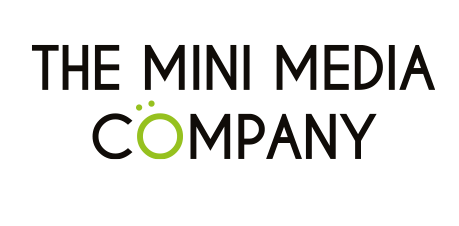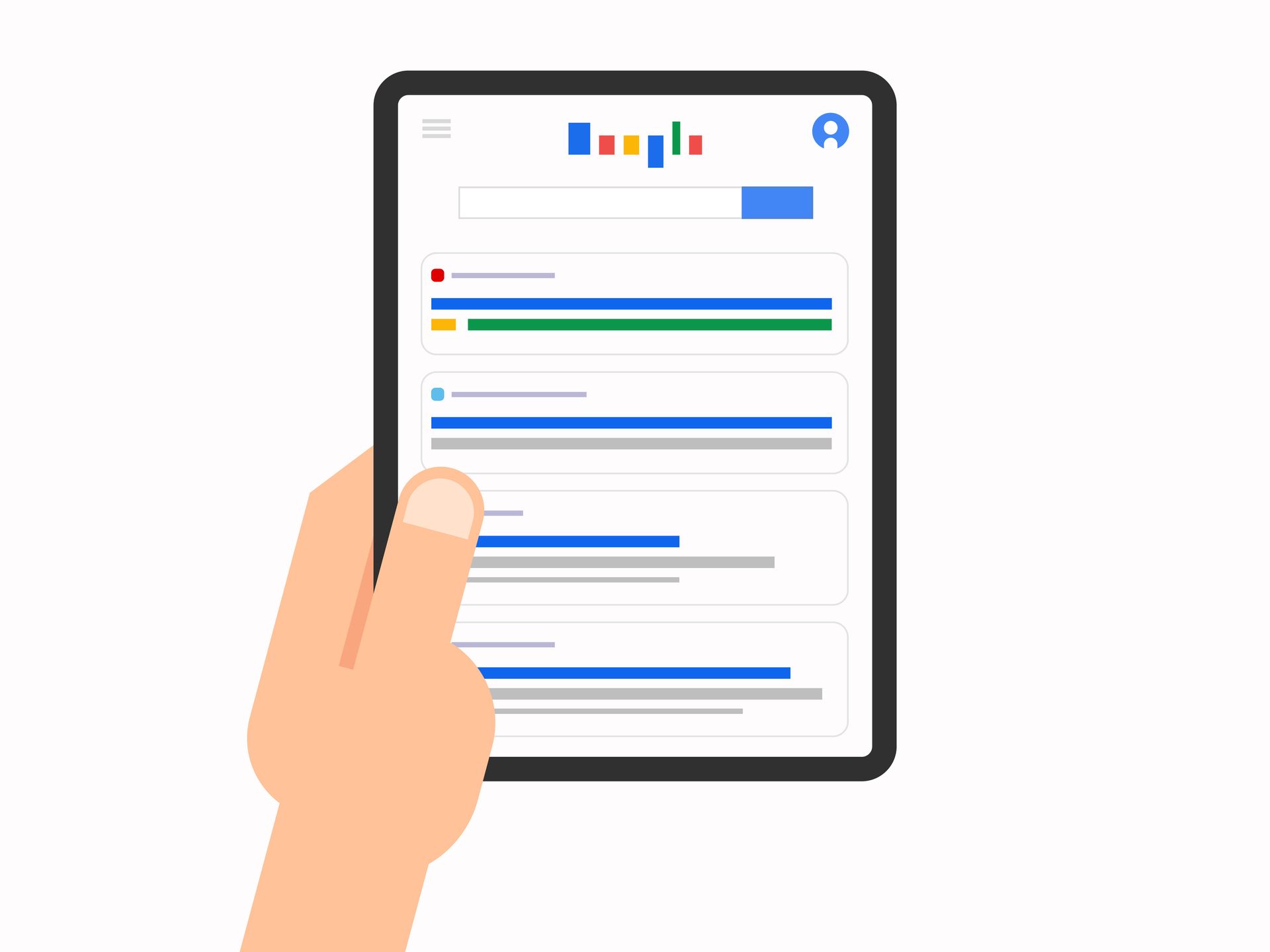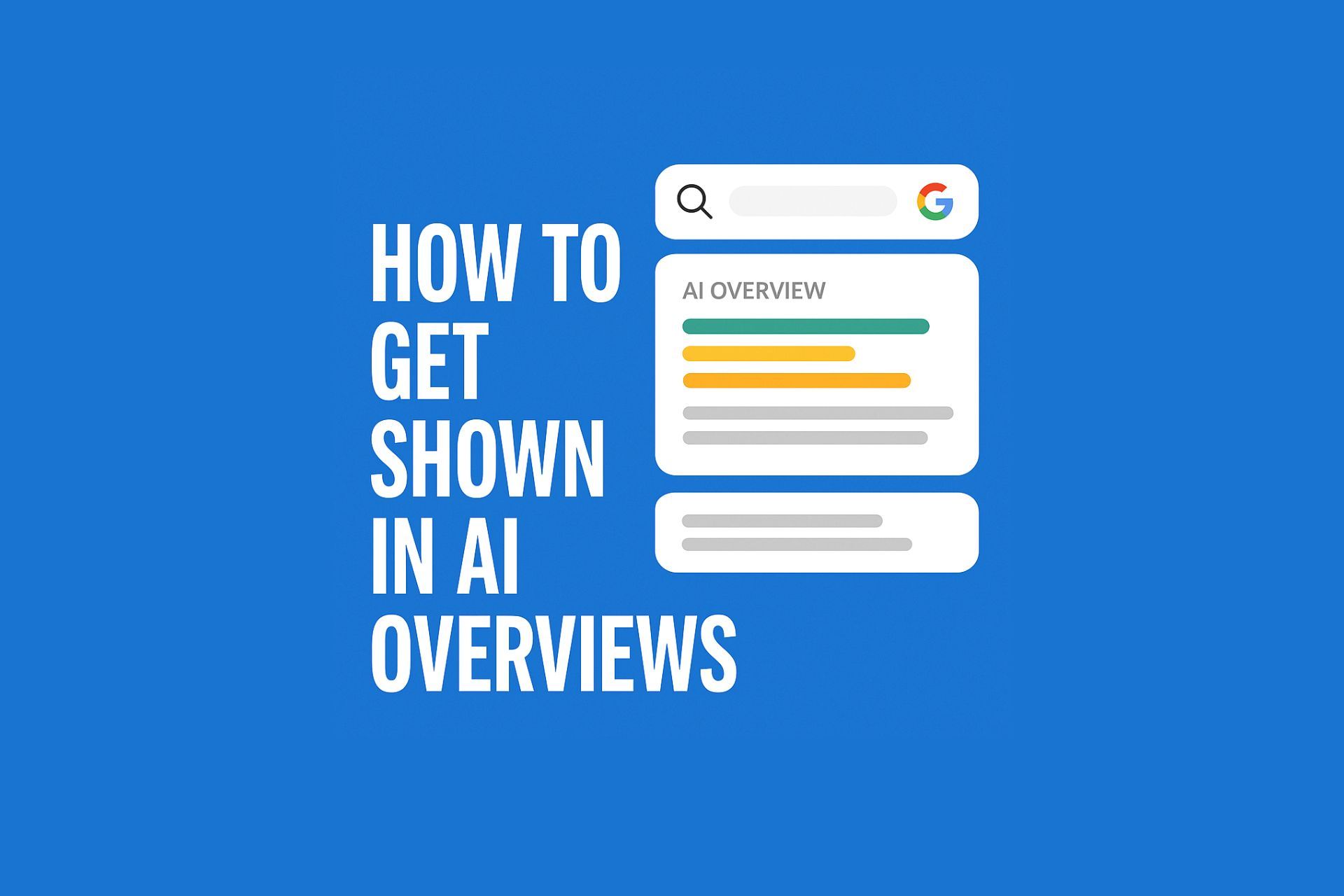Why Your Business Needs a Website to Rank in SERPs
The Limitations of Google Business Profiles and Social Media
Visibility and Credibility
A Google Business Profile and social media presence are excellent for visibility, but they often don't provide the depth of information or the level of credibility that a dedicated website offers. A website serves as a central hub for your brand, offering comprehensive information about your products, services, and company values.
Search Engine Optimization (SEO) Opportunities
While Google Business Profiles are essential for local SEO, they don't provide the same level of control or scope for optimization as a website. Websites allow for extensive SEO strategies, including keyword optimization, content marketing, and backlink building, which are crucial for ranking in SERPs.
Content Depth and Quality
Social media platforms are great for engagement but are limited in terms of content depth. A website allows for richer, more detailed content, which search engines favor. Blogs, case studies, and detailed product descriptions on a website can significantly enhance your SERP ranking.
User Experience and Branding
A website offers a unique opportunity to create a tailored user experience that aligns with your branding. This level of customization isn't possible with social media platforms or Google Business Profiles, which follow a standard format.
The Power of an Integrated Approach
Synergy Between Channels
Utilizing a website in conjunction with a Google Business Profile and social media channels creates a synergistic effect. Each platform can drive traffic to the others, creating a more robust online presence.
Data and Analytics
A website provides valuable data through tools like Google Analytics, helping you understand your audience and refine your marketing strategies.
Top 10 Ranking Factors for Business in SERPs
- High-Quality Content: Providing valuable, relevant, and consistent content is paramount. This includes using the right keywords, updating content regularly, and ensuring it meets the needs of your target audience.
- Mobile Optimization: With the increasing use of mobile devices for searches, having a mobile-responsive website is crucial.
- User Experience (UX): A website that is easy to navigate, fast-loading, and visually appealing will rank higher.
- Backlinks: Quality backlinks from reputable sites signal to search engines that your site is a credible source of information.
- Technical SEO: This includes site speed, structured data, and secure connections (HTTPS).
- Local SEO: For businesses targeting local customers, local SEO is vital. This includes having a well-optimized Google Business Profile and local keywords.
- Social Signals: While only volume and high engagement brand signals are a direct ranking factor, social media can indirectly impact SEO through increased visibility and traffic.
- Brand Signals: The strength of your brand can influence your SERP ranking, as well-known brands are often considered more trustworthy.
- Customer Reviews: Positive reviews, especially on your Google Business Profile, can improve your local search ranking.
- Engagement Metrics: These include metrics like bounce rate, time on site, and click-through rate, indicating how users interact with your site.
Conclusion
In today's digital landscape, a multi-faceted online presence is crucial for business success. While social media platforms and Google Business Profiles play a significant role in this ecosystem, a dedicated website remains a cornerstone of effective digital marketing. It not only enhances visibility and credibility but also provides a platform for comprehensive SEO strategies, essential for ranking in SERPs.
By understanding and optimizing the top ranking factors, businesses can significantly improve their online visibility and drive more traffic and conversions.
Let Mini Media, take you to the next step and Contact Us for a free consultation




















